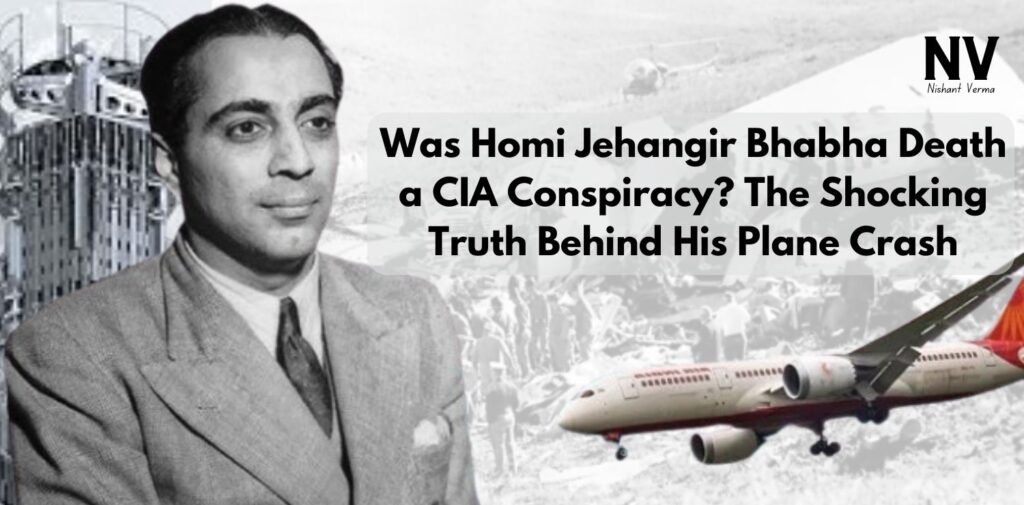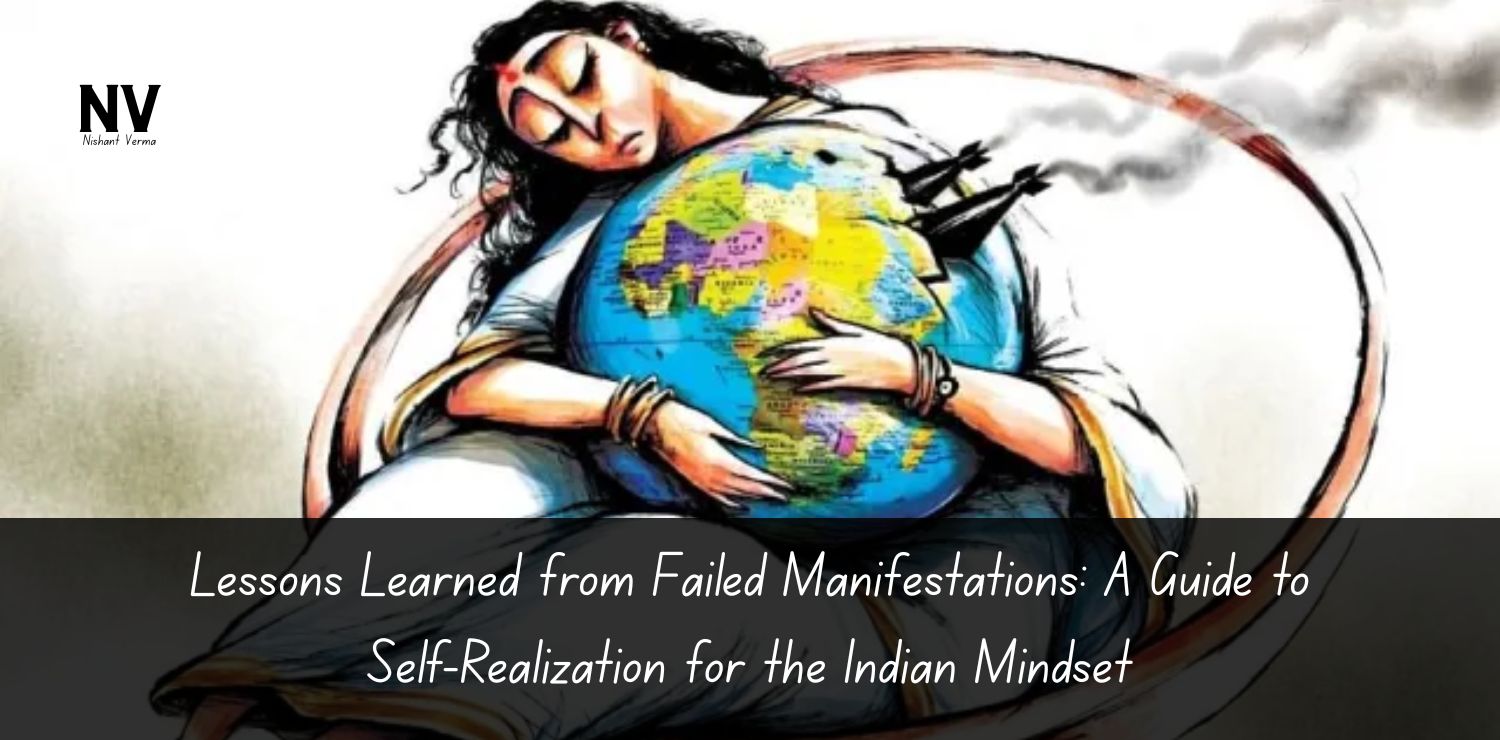Dr. Homi Jehangir Bhabha death who was India’s leading nuclear physicist, in a plane crash on January 24, 1966, has always been shrouded in mystery and suspicion. While the official explanation points to a tragic accident over the Swiss Alps, a growing body of evidence suggests that the CIA—the American intelligence agency—might have played a pivotal role in his untimely demise. Was Bhabha’s death really an accident, or was it part of a covert operation orchestrated by the United States to stop India from becoming a nuclear power?
Why Did the CIA See Bhabha as Such a Threat?
Dr. Homi Bhabha was no ordinary scientist. He was the architect of India’s ambitious nuclear program and a man on the verge of making India a nuclear superpower. According to reports, Bhabha had openly declared that, if given the necessary resources, India could develop a nuclear bomb in just three months. This bold claim alarmed the United States and its allies, who feared the rapid militarization of nuclear technology in a country that was already a strategic rival to the West.
At the time, the Cold War was in full swing. India, despite its non-alignment, had a strong relationship with the Soviet Union, which was in a nuclear arms race with the U.S. As a result, Bhabha’s work on India’s nuclear program put him squarely in the sights of American intelligence. The timing of his declaration about the potential for an Indian nuclear bomb couldn’t have been worse for the West, especially with tensions high between India and Pakistan—America’s ally in the region.
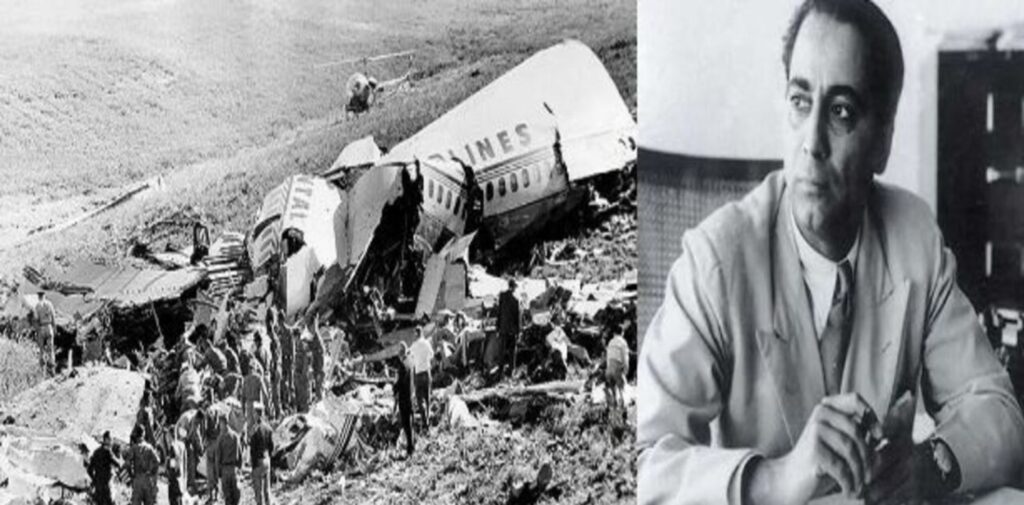
The Mysterious Plane Crash: What Really Happened?
On January 24, 1966, Bhabha was aboard Air India Flight 101, a commercial flight bound for Geneva. The plane, a Boeing 707, was carrying 106 passengers, including Bhabha, on its way to a nuclear conference. It crashed into the Swiss Alps, killing everyone on board. While the crash was officially attributed to pilot error, many questions remain unanswered.
First, the wreckage of the plane and the bodies of the passengers were never recovered. In the days and weeks following the incident, no concrete explanations were offered about the mysterious disappearance of the plane’s remains. This only fueled speculation that the crash was not an accident but a targeted assassination.
Could the CIA Have Been Involved?
As early as the 1960s, documents from the CIA show that the agency was keeping a close eye on Homi Bhabha and his nuclear activities. A declassified report from 2008 revealed that the CIA had identified Bhabha as a significant threat to American interests. His ambitious plans for India’s nuclear program, along with his public statements about developing a bomb in mere months, likely put him at odds with American national security interests. A nuclear-armed India, potentially aligned with the Soviet Union, was a nightmare scenario for the United States.
In fact, several experts and conspiracy theorists suggest that Bhabha’s death may have been part of a larger strategy by the CIA to prevent India from becoming a nuclear power. The logic is chilling: by eliminating India’s top nuclear scientist, the U.S. could delay or derail India’s nuclear ambitions, buying time for its own strategic interests in the region.
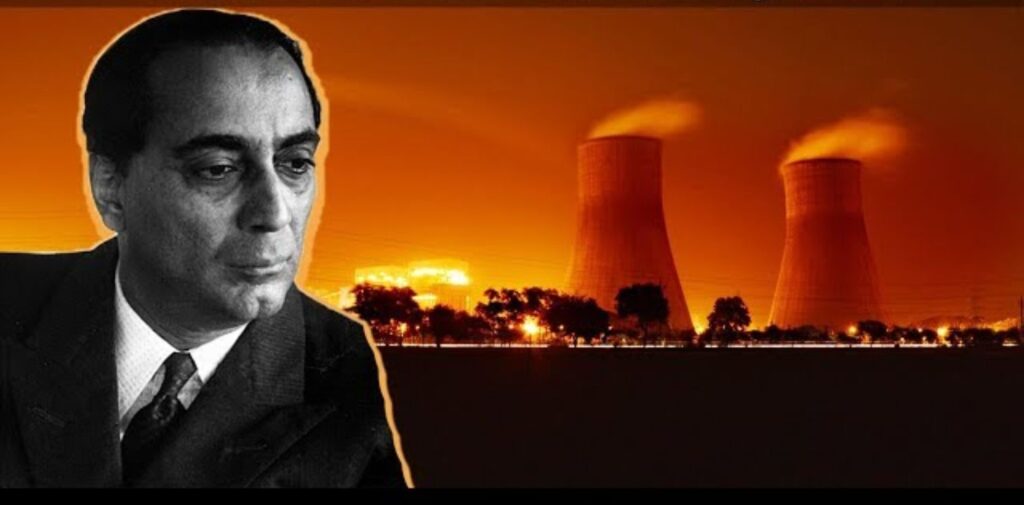
The Aftermath: India’s Nuclear Program Struggles Without Bhabha
After Bhabha’s death, India’s nuclear program suffered a significant setback. It was only decades later, in 1998, that India successfully conducted its first nuclear tests, formally becoming a nuclear power. Could India have achieved this milestone much sooner if Bhabha had been alive to continue his work?
It’s clear that the absence of Bhabha left a leadership vacuum in India’s nuclear program. The country faced delays, internal challenges, and a loss of direction. While Bhabha’s successors carried on his work, no one could replace his vision and leadership.
Who Benefited from Homi Jehangir Bhabha Death?
In the wake of Bhabha’s death, two countries stand out as significant beneficiaries of the situation: Pakistan and the United States.
- Pakistan, India’s neighbor and rival, had long been worried about India’s potential nuclear capabilities. The death of Bhabha likely set back India’s nuclear ambitions, giving Pakistan a temporary reprieve.
- The United States, already involved in Cold War rivalries with the Soviet Union, would have been relieved at the potential delay of India’s nuclear program. Given the CIA’s documented interest in Bhabha, it’s not far-fetched to believe that the agency might have seen his death as a necessary action to secure American interests in South Asia and beyond.
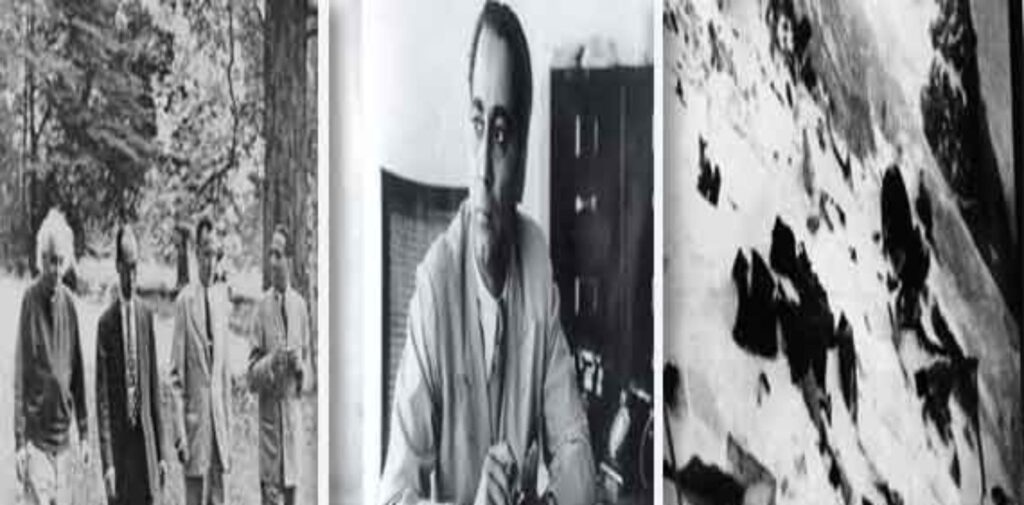
The Role of the CIA: A Cold War Cover-Up?
Was the CIA willing to go to extreme lengths to stop India from becoming a nuclear power? The timing of Bhabha’s death, just as he was making bold claims about India’s nuclear capabilities, is suspiciously convenient. In the 1960s, the U.S. had no tolerance for any nation outside its sphere of influence developing nuclear weapons, especially one so closely aligned with the Soviet Union.
While the CIA has never publicly admitted any involvement in Bhabha’s death, the agency’s history of covert operations during the Cold War is well-documented. From the assassination of foreign leaders to the orchestration of coups, the CIA was not averse to engaging in clandestine activities to further American geopolitical interests.
Conclusion: The Cost of Silence
Whether or not the CIA was directly responsible for Dr. Homi Bhabha’s tragic death may never be fully known. What is clear, however, is that his loss set back India’s nuclear ambitions and left a long-lasting impact on the country’s scientific and geopolitical landscape.
For decades, India struggled to pick up the pieces of its nuclear program without its most brilliant mind at the helm. The mysterious disappearance of Bhabha’s body, the lack of clear answers about the crash, and the circumstantial evidence of CIA interest in his work all suggest that there may be far more to the story than meets the eye.
Was Bhabha’s death really just a tragic accident, or was it a cold, calculated move by the United States to keep India from becoming a nuclear power? The silence surrounding his death raises questions that demand answers.

